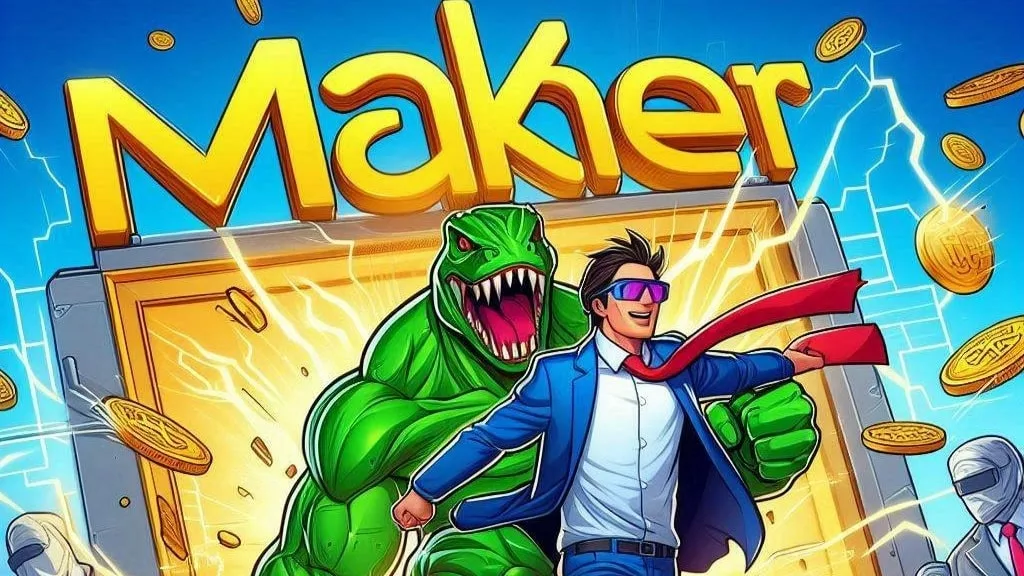
In today’s rapidly evolving financial landscape, two groundbreaking concepts have captured the attention of enthusiasts and experts alike: Bitcoin and Universal Basic Assets (UBA). Although seemingly distinct, these revolutionary ideas share a profound connection that could potentially reshape the way we perceive and interact with money. Let’s embark on a journey to explore the intriguing synergy between Bitcoin and Universal Basic Assets and uncover the possibilities they offer.
Bitcoin, often hailed as the pioneer of digital currencies, emerged in 2009, introducing the world to the revolutionary technology known as blockchain. This decentralized and transparent system not only facilitated secure peer-to-peer transactions but also paved the way for a multitude of transformative applications. Bitcoin’s meteoric rise to popularity can be attributed to its unique features, such as limited supply, pseudonymity, and immutability.
Universal Basic Assets, on the other hand, refers to the concept of ensuring every individual has access to a set of essential resources and services as a fundamental right. It encompasses the idea of providing a basic safety net that guarantees individuals’ economic security, regardless of their socio-economic background. UBA strives to address income inequality, poverty, and social exclusion by granting everyone the means to participate fully in society.
While Bitcoin and Universal Basic Assets might appear unrelated at first glance, a closer examination reveals their potential for synergy. One notable aspect is the underlying technology. Blockchain, the backbone of Bitcoin, possesses inherent traits that can enhance the implementation and administration of Universal Basic Assets. By utilizing blockchain’s immutable and transparent nature, UBA programs can ensure the efficient and accountable distribution of resources, thereby minimizing the risk of corruption and fraud.
Moreover, the digital nature of both Bitcoin and Universal Basic Assets makes them accessible to a wider audience. The adoption of digital currencies, like Bitcoin, allows for borderless transactions and financial inclusivity. Similarly, UBA programs, implemented through digital platforms, can ensure that basic resources and services reach even the most marginalized communities. This democratization of financial and social access empowers individuals and fosters a more equitable society.
Another intriguing aspect of the Bitcoin-UBA relationship lies in the potential of digital currencies to fund Universal Basic Assets. As Bitcoin and other cryptocurrencies gain mainstream acceptance, they have the potential to generate substantial wealth. By directing a portion of this wealth towards UBA initiatives, societies can ensure the sustainability and effectiveness of these programs. The decentralized nature of Bitcoin aligns with the principles of Universal Basic Assets, as it enables communities to collectively take control of their economic well-being.
However, it is crucial to acknowledge the potential challenges and implications of intertwining Bitcoin and Universal Basic Assets. Bitcoin’s inherent volatility and fluctuating value pose risks in terms of financial stability and the reliable provision of resources. Additionally, regulatory frameworks and governance structures must be established to ensure responsible and equitable distribution of digital assets. Overcoming these hurdles will require collaboration among governments, financial institutions, and technological innovators to strike a balance between innovation and stability.
As the relationship between Bitcoin and Universal Basic Assets continues to evolve, it is essential to recognize the transformative potential they hold. These concepts challenge traditional financial paradigms and provide an avenue for exploring new models of wealth distribution and economic empowerment. By harnessing the power of blockchain technology and digital currencies, societies can strive towards a more inclusive and resilient future.
In conclusion, the relationship between Bitcoin and Universal Basic Assets extends far beyond superficial differences. The integration of these two groundbreaking concepts has the potential to revolutionize our financial systems and empower individuals globally. By embracing digital currencies and adopting Universal Basic Asset programs, we can work towards a future where economic security and social inclusion are no longer distant dreams but tangible realities.




Get the latest Crypto & Blockchain News in your inbox.